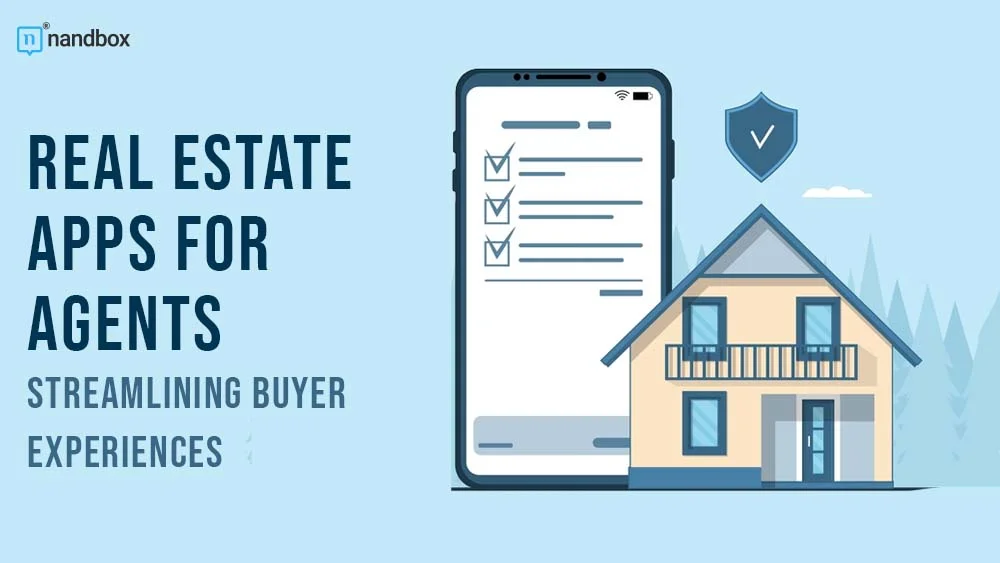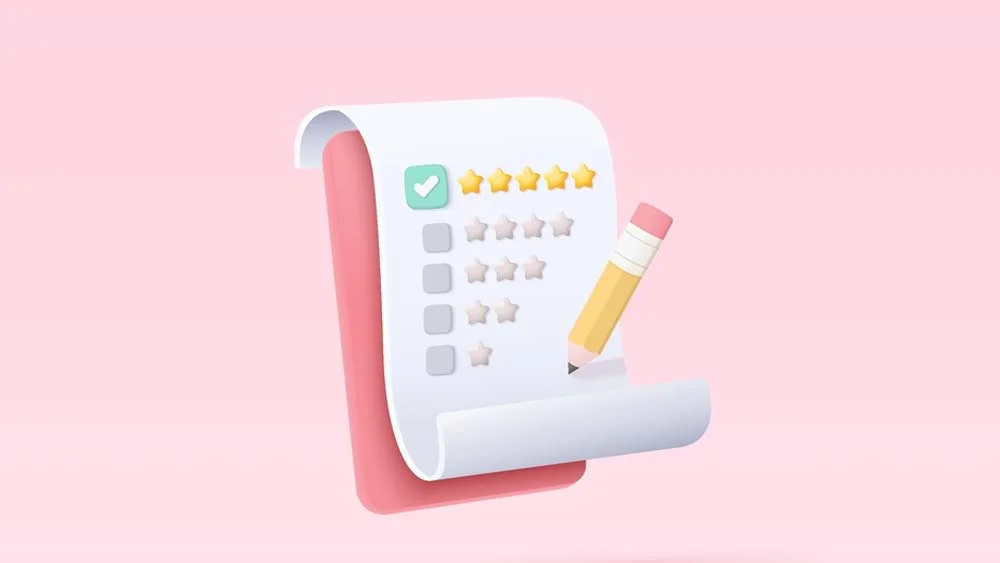The real estate market often feels overwhelming to the buyer with its complexity in decision-making and sheer vastness. How can we make finding a dream home or an investment property as smooth and efficient as possible? In today’s digital environment, real estate agents and developers are increasingly involving innovative real estate apps in strategies that enrich the experience for the buyer. From making transactions easier to more meaningful communication and interactivity among agents, developers, and those who may buy the units, technologies at one’s fingertips truly minimize complexity.
Virtual Tours and Augmented Reality
Driggs, Idaho, nestled in the picturesque Teton Valley, offers a unique blend of small-town charm and stunning natural beauty. Known for its breathtaking mountain views and proximity to outdoor recreational activities, this vibrant community has become an attractive destination for both residents and visitors alike.
One of the most significant changes that real estate applications have made possible is the ability to host virtual tours and augmented reality (AR) experiences. Buyers can, after all, walk through properties from the comfort of their couches.
What was once a primary marketing vehicle has given way to apps that host virtual, immersive 3D tours of listings, allowing buyers to envision what these spaces will look like without having to make an in-person visit to each property.
With the use of this technology, it saves time while also narrowing certain selections before an on-site viewing is scheduled. This is widely used in driggs idaho real estate as they see that it further helps agents in their customer service. By the insight they provide, they help know about the detailed aspects of property layouts and design features. In a similar vein, SharedEasy in NYC offers innovative solutions that enhance the home buying and renting process with its own suite of virtual tools.
Streamlined Communication
Effective communication is one of the vital components in real estate transactions. Apps are what bridge the gap between buyers and agents. They come with messaging platforms attached, which send word right away, so that way, the buyer can ask him his questions or air his concerns in real-time.
For example, most applications provide automatic listings with new entries, price updates, and scheduled viewings. This implies that at all times, the buyer will be updated on what new things are happening; therefore, it is highly proactive, which keeps the potential buyer interested, hence making them enjoy their experience very much.
Enhanced Property Searches
Real estate apps also include advanced search abilities so that buyers can look for properties that can fit their specific requirements. Applying filters such as price, location, square footage, and even amenities would let the user personalize his or her search. For instance, if the buyer will only be interested in a pet-friendly apartment with a garden, he can just filter the app to only include relevant listings offered by real estate investment companies.
For example, the location-based services will help lead users to nearby properties and information on neighborhood amenities, schools, as well as transportation options. This house-hunting application leads to a streamlined process of search and provides an easy means through which buyers can find homes that perfectly suit their lifestyles and budgets. Your Burnaby Realtor can further enhance this search experience by providing personalized insights and local market expertise.
Digital Documentation and E-signatures
The paperwork involved in real estate deals can be a pain to deal with. Still, some applications can ease this by introducing features like digital signatures and secure sharing of documents.
For instance, it’s possible to see the buyer, the agent, and the rest of the parties signing contracts and agreements electronically on platforms, which assures no in-person conference or dreaded delays along the way.
This shift online not only quickens the process of transactions but also makes it secure. Information that could have otherwise been passed around freely can, now with encrypted channels, be passed securely to both parties.
Market Insights and Analytics
Understanding the market trends would lead investors to make the appropriate decisions when purchasing an investment. Real estate apps generally contain features that provide the user with data analytics on market conditions about a property’s value and its actual investment potential.
You can use these insights to guide marketing strategies and pricing decisions to ensure agencies and developers stay competitive in the rapidly changing landscape of real estate.
Personalized Recommendations
Real estate apps may also offer home recommendations utilizing AI and machine learning, which can consider user preferences and behavior. Algorithms inside the app can tap into these interactions to make property recommendations that align with the interests of the buyer.
The above-mentioned level of personalization will help enrich the experience for the user and help an agent better understand the potential leads and adapt their services according to the specific needs of each client. This capability gives agents a competitive advantage in a market where personalization is increasingly valued.
Integration with Mortgage Services
Financing is an integral part of purchasing a house; apps are making it easier to integrate with mortgage services. Now, every real estate platform provides mortgage calculators, applications for pre-approval, and links to find lenders in the app. This overall approach allows buyers to determine their financing and know real-time purchasing power.
Agents can add value to their customers, and guide them through one of the most painful aspects of buying a house by streamlining the mortgage process.
Client Relationship Management (CRM) Tools
Building a relationship with a client forms the very basis of dealing for both real estate agents and developers. Many apps also come with CRM, enabling agents to track interactions with clients, manage leads, and keep up with other follow-ups on inquiries from clients. The process thus ensures strong relationships between agents and their clients such that no lead goes unnoticed.
Using all these tools, agents can personalize their follow-up strategies and give timely updates while offering service that speaks to the buyers.
Feedback and Reviews
Collection of feedback is one of the most important factors for improvement in services and increased user experience. Real estate apps often include a feature for reviewing or ratinging for houses and agents by the buyers. This does, to a significant extent, allow for informed decisions during prospecting for the purchase of property, and keeps agents up to standard with the quality of service.
With continued pursuit and response to feedback, agents can serve continually improving offerings, thereby creating an excellent reputation in their markets.
Conclusion
In a continuously digital world, real estate agents and developers are using applications to facilitate buyer experiences. Virtual tours and enhanced communication about data analytics, as well as personalized recommendations, drastically change how buyers will navigate the marketplace.
As these innovations continue to develop, embracing them will not only serve the needs of agents and developers but will also help to satisfy and make the buying process smooth and efficient for anyone seeking their perfect home experience. This is part of the journey of making it easier, more enjoyable, and rewarding for all.
FAQs
- What role do apps play in the real estate buying process?
Apps facilitate virtual tours, improve communication, streamline property searches, and enhance documentation, making the buying process smoother and more efficient.
- How do virtual tours benefit buyers?
Virtual tours allow buyers to explore properties from anywhere, saving time and helping them narrow down options before in-person viewings.
- Can real estate apps help with communication?
Yes, many apps include messaging features that enable real-time communication between buyers and agents, fostering better relationships and support.





